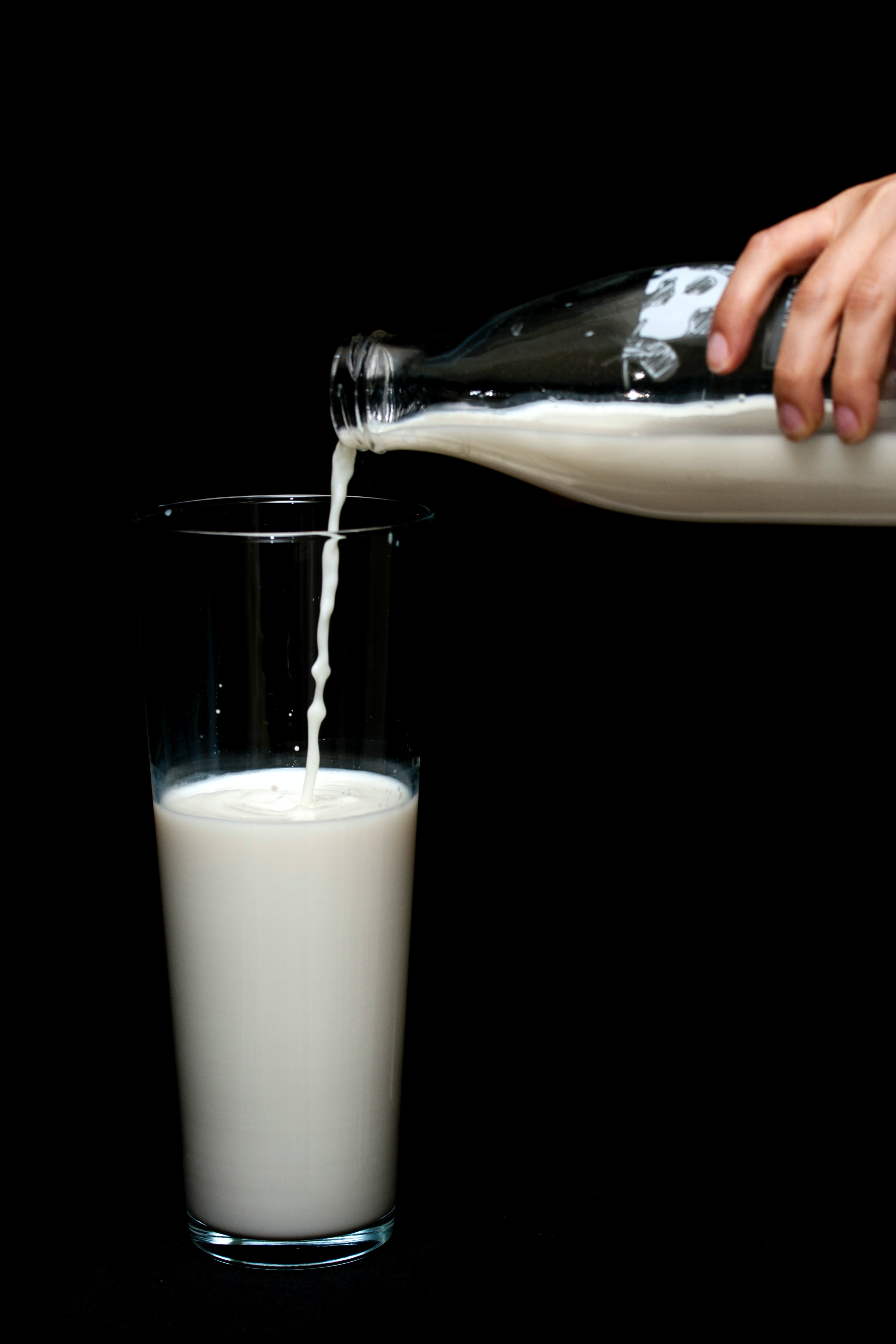Calcium And Bone Health

Calcium is an essential mineral in our body and is critical for muscle function and keeping our bones strong and healthy. The bones and teeth contain over 99% of all calcium in the body. You can think of your bones and teeth as your body's reservoir for calcium. If you don't get enough calcium from your diet, you body will start mobilising calcium from your own bones. Our body doesn't produce calcium, so its relies solely on your diet to get the calcium that you need for your body. Our bones are constantly breaking down and rebuilding everyday. Calcium is like the building blocks important for this process. If more bone are breaking down than rebuilding, your bone will become porous. This is what happened in osteoporosis
Lack of calcium could lead to various health issues. In adult, it can lead to osteoporosis and fragile bones that easily fracture. Osteoporosis is very common in women especially during perimenopausal and menopausal period, so that is why women are recommended to consume more calcium than men. Young women has abundant of estrogen which has bone-protective effect but as they get older, there is significant decline in the level of estrogen making women more prone to osteoporosis and fragility fracture. Calcium is also very important for young children. Children who don't get enough calcium may not grow to their full potential height as adults and develop bone deformities such as in rickets where there is softening and weakening of bones. Women who are pregnant and breastfeeding also require more calcium in their daily diets due to increase demand for calcium for fetal's bone development and milk production
Low calcium in the body or hypocalcaemia can produce various symptoms such as muscle aches, cramps, spasm, tingling and numbness of the hands and feet, brittle nails and osteoporosis. Low calcium is linked to vitamin D deficiency. It is important to ensure daily intake of calcium- rich foods such as cow's milk, soy milk, dairy products such as yoghurt and cheese, vegetables like broccoli and bok choy, dried nuts and fruits such as almond nut and apricot, sardines, egg, tofu and bread
Perimenopausal and menopausal women are encourage to take additional calcium supplement. You can also take calcium supplement if you're lactose intolerant, vegan or not just a fan of dairy-based prodicts. Addition of vitamin D can enhance body absorption of calcium and prevent fall especially in elderly. Calcium supplement can have several unpleasant side-effects such as constipation and bloating. So be sure to drink plenty of water and get adequate fibres in your diet. More is not always desirable when it comes to vitamin and mineral supplementation. Be sure to check with your doctor first and have your calcium and vitamin D level checked before taking any calcium supplements
If you have any further questions and bone health, come down to the clinic to discuss with our medical professionals



